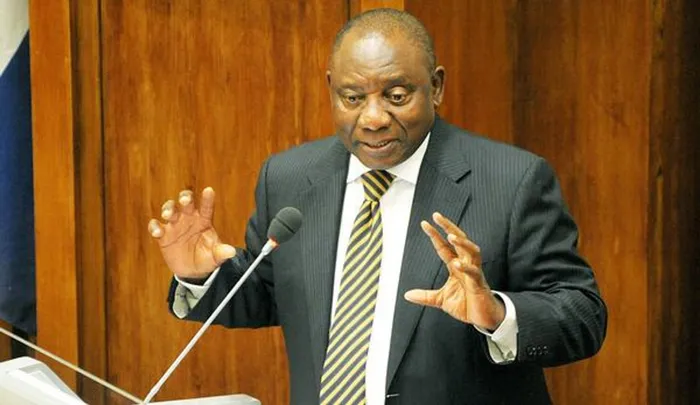Minimum wage deal sparks outcry

The national minimum wage will be regularly reviewed to take into account the impact on employment, poverty and inequality.Picture: Henk Kruger The national minimum wage will be regularly reviewed to take into account the impact on employment, poverty and inequality.Picture: Henk Kruger
Johannesburg - Deputy President Cyril Ramaphosa’s announcement this week on an approved national minimum wage has sparked a debate about the effects it could have on employment levels.
Business representatives and labour federations, bar Cosatu, signed the minimum wage agreement this week, which will be implemented by no later than May next year and is set at R20 an hour.
But the Free Market Foundation has come out against it, saying it would be detrimental for the unemployed and would lead to job losses.
“The people pushing for the minimum wage never mention the unemployed,” said FMF director Eustace Davie.
“We are against the minimum wage because it will be harder for people who are unemployed to get jobs - and it will cost jobs.
“You will see between now and May next year, employers are going to start filtering out people. People will lose their jobs, but quietly.”
His views were countered by Gilad Isaacs of Wits University’s National Minimum Wage Research Initiative, who said the objective of a minimum wage was to reduce inequality and poverty among low-paid workers, and that it was a fallacy that low wages lead to increased employment.
“We exist in an ultra-low wage structure and yet we have extremely high levels of unemployment. It’s inappropriate to assert that, somehow, with the maintenance of a low-wage structure we’ll see a spurt in increased employment,” Isaacs said.
Read also: Social partners sign minimum wage agreement
The unemployment rate, according to Statistics SA figures at the end of November last year, is at 27.1 percent.
He added that the minimum wage would also be beneficial for the economy in terms of increased spending power by workers.
“The aggregate impact we see is increased spending in the economy, where low-wage workers spend a higher share of their income. That increased spending at the lower end can increase demand in the economy, spur consumption and therefore increase output.”
Economist Dawie Roodt said he had no doubt that the minimum wage would add to unemployment.
“Yes, the minimum wage will add to job losses, but I have a suspicion that it will not be that many people losing their jobs because a lot of those jobs will be lost in the formal sector, but they will be forced into the informal sector,” Roodt said.
He said his main concern was how the government was interfering in decisions that should be taken by the private sector, saying it was prescribing to private individuals how to live their lives.
“That is a very dangerous thing to do because individuals should be allowed to make their own decisions. It’s not up to the government to tell me what I should do or how I should sell my labour - that’s my call, that’s my decision,” Roodt asserted.
Ramaphosa said this week that the government instituted the minimum wage for the 6.6million people
who received less than R3500 a month, acknowledging that there would criticism.
“It is better to be criticised for having done something than being criticised for not doing anything. We did it for the 6.6million workers,” he said.
@khayakoko88